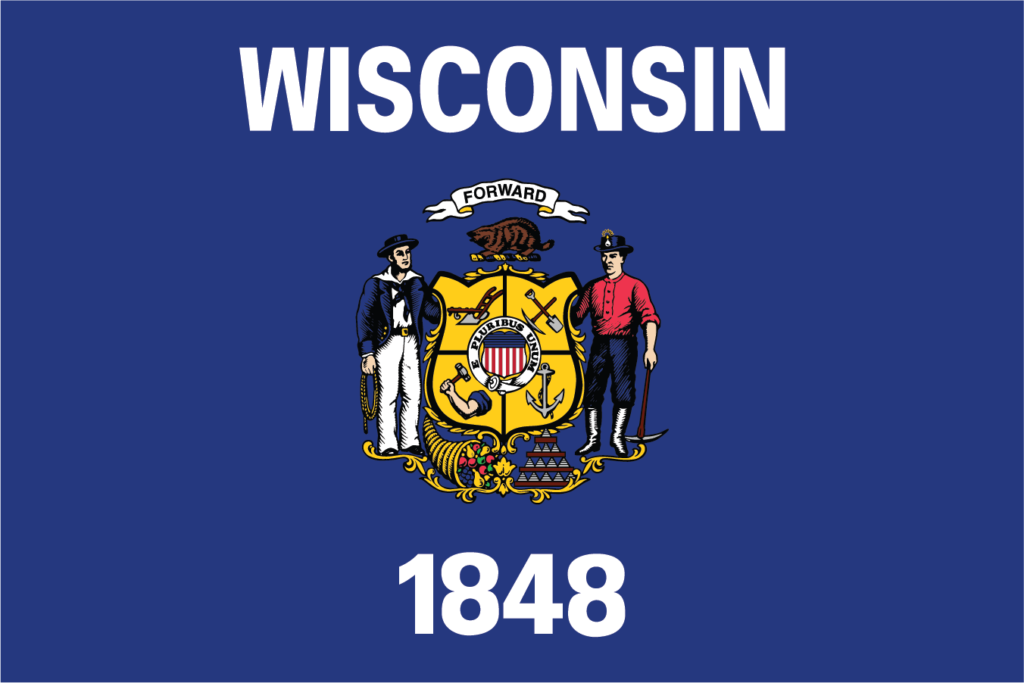Wisconsin Reduces Licensing Fees for Nearly 75% of Licensed Occupations

Occupational licensure is one of the most overarching labor market issues facing low-income workers. The proportion of the labor force required to obtain a license exceeds that of both minimum wage earners and union members.1,2,3 The costs of licensing, such as exams, training courses, continuing education, and application and renewal fees, can present significant barriers to work, particularly for those for whom money is the tightest: Americans who are low-income, unemployed, and/or dislocated workers.
Read More »Wisconsin Reduces Licensing Fees for Nearly 75% of Licensed Occupations